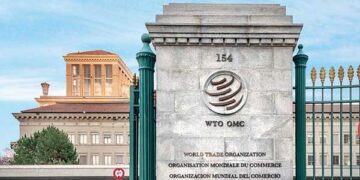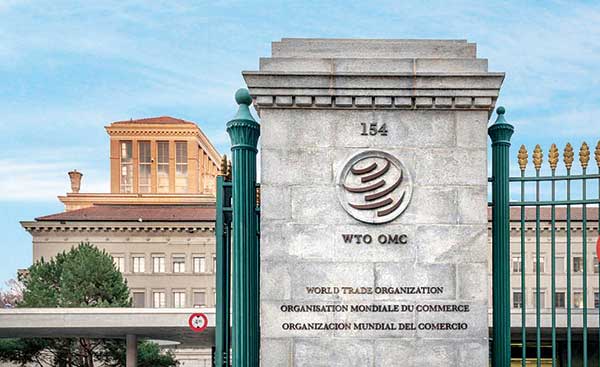![]() NEW DELHI: India is likely to appeal against the ruling of a World Trade Organisation (WTO) panel that held the Asian giant violating global trading rules by imposing tariffs on some IT products, suggest some reports.
NEW DELHI: India is likely to appeal against the ruling of a World Trade Organisation (WTO) panel that held the Asian giant violating global trading rules by imposing tariffs on some IT products, suggest some reports.
In 2019 the EU, Japan and Taiwan had challenged the import duties on certain IT products that ranged between 7.5 per cent and 20 per cent. Such products included mobile phones, their components and accessories, line telephone handsets, base stations, static converters or electric wires and cables.
The EU said that India imposed more tariffs than what it had committed to in its tariff schedule at the WTO.
It considered these duties “in direct breach of WTO rules since India is obliged under its WTO commitments to apply a zero-duty rate to such products”.
Ministerial Declaration
The international agreement was signed in 1996, where members finalised the Ministerial Declaration on Trade in Information Technology Products (ITA). India became a party on March 26, 1997.
Reports say that as per the agreement, India is required to eliminate tariffs on products such as computers, telecom equipment, semiconductors, and scientific instruments. Incidentally, a number of products mentioned in the ruling did not exist when the ITA was signed, reported The Indian Express, quoting officials. That is going to be the primary submission in the appeal, it said.
The EU initiated the WTO dispute settlement case in 2019. The panel issued its final report to all WTO members on April 17, 2023.The European Commission claimed that up to 600 million euros of its exports were affected by India’s tariffs on an annual basis.
Japan and Taiwan filed parallel cases following the EU. These cases cover the same issue (tariffs on ICT products) and almost the same products.
While the panel largely backed complaints against India, it rejected Japan’s claims that India’s customs notifications lacked ‘predictability’. If India appeals, the case will sit in legal purgatory since the WTO’s top appeals Bench is no longer functioning due to US opposition to judges’ appointment.
















